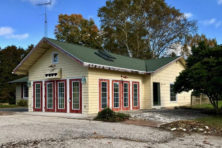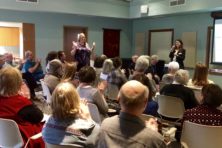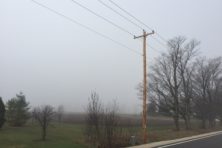A Place of Our Own: The Challenge of ‘Home’ in Door County
- Share
- Tweet
- Pin
- Share
A Place of Our Own: The Challenge of “Home” in Door County is an interview project that puts front and center the stories of year-round residents living with the consequences of the lack of quality, affordable housing in Door County.
It’s sponsored by the Interfaith Prosperity Coalition, an organization representing the community and various Northern Door churches that’s committed to facilitating access to affordable housing. Culminating this spring in a series of short videos and a traveling exhibit, A Place of Our Own provides a forum for these residents to share their struggles to create a true home for themselves and their families.
The following excerpts come from five of the project’s stories that represent different aspects of the struggle to find housing on the peninsula. Photos are courtesy of David Skidmore.
For more information about A Place of Our Own: The Challenge of “Home” in Door County, contact Kathleen Toerpe at [email protected].
On the struggle to find affordable housing in Door County: Emily Johnson
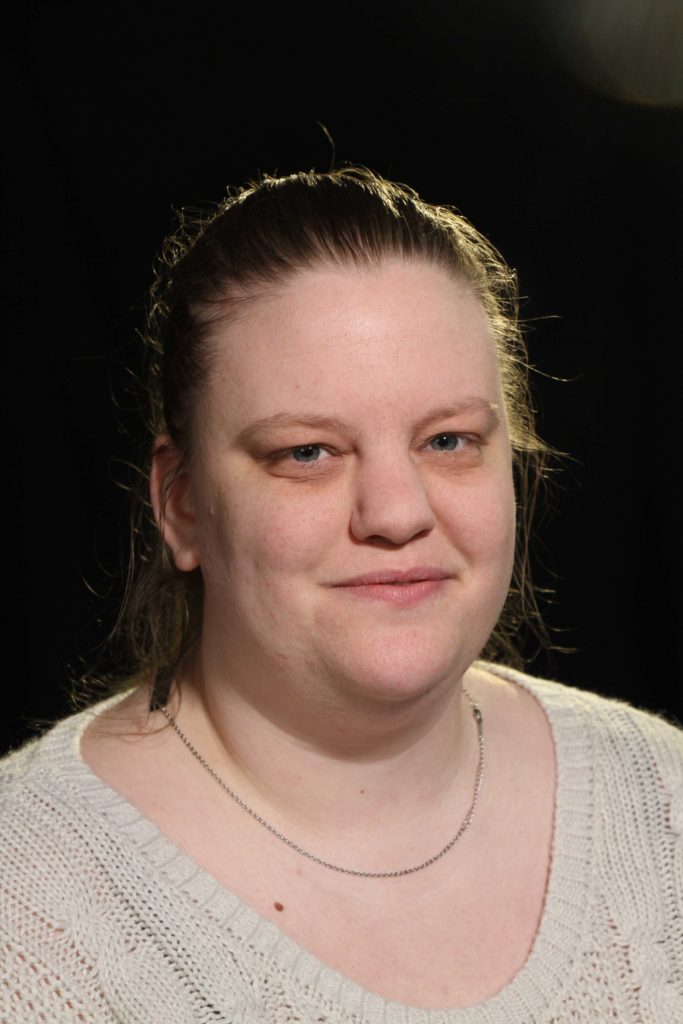
It’s extremely frustrating. I love the community I live in; I love the people in the community. I want to live here. I want to help my community grow, and I want to start a future here. And I don’t understand how such a tight-knit community can’t see that we can’t support our own. I’m not the only one. There’s other people as well, and to me it doesn’t make much sense. We claim to have this wonderful, close community that’s always supporting each other, yet our younger working generation and our older working generation are struggling to keep a roof over their heads. How is that supporting your community? So, for me, it’s been very frustrating. It’s hard to start somewhere when you have nowhere to start.
I’m an active part of your community. I work – in the summertime, 70 hours a week. At the restaurants, most of us are seasonal workers, making sure that people have places to go at night. I don’t think that people realize that businesses would not be able to function if it weren’t for people like me and my fellow service-industry workers. There’s been a huge shortage of staff because no one can afford to live up here, and even if you can afford it, no one wants to when what is available is not livable.
It is extremely discouraging that the community that wants to be as close and tight-knit as they are – this is how they treat the staff. This is how they treat their fellow community. I’m part of your community, and I deserve to have a decent place to live where I don’t have to worry about getting sick. I don’t have to worry about sleeping with hats and gloves on because my heat doesn’t work. Or a place where I don’t have to see the sky through my roof. Or have snow fall on me when it’s snowing in my bed. And so, for me, that was a big blow – that the place I grew up in, people who claim to love and support you so much, that’s what we offer.
On finding housing as a new business owner: Garrett Doubleday

I had worked here in past summers. I developed relations with a business owner and had talked about doing an apprenticeship. It led me to eventually taking over this business. Once I knew I was making that commitment and moving here full time, I knew I had to find my own housing. I particularly like Fish Creek. It just happens to be where my store is. It’s a nice, small town; it’s quaint. It seems like it would be in a movie, with the storefronts and by the water.
But I was looking in all kinds of places, on Facebook and in the newspaper. I had contacted previous employers to see if I could stay at their residence while I was doing the search – just as a safety net – to at least have a place to live instead of commuting the two and a half hours I was before. I even asked gas-station attendants if anyone they knew was renting out anything.
Now I live in Sturgeon Bay. It wasn’t as convenient as I might like. It’s about a half hour’s drive each way, so I do the commute daily, about an hour. It would have been nicer to find something more affordable closer, but I knew that probably wasn’t a possibility just because of the prices.
I know a lot of people who haven’t been able to find jobs in other places, people I grew up with. And I always say, “Well, there’s always a lot of jobs here in Door County, and it seems like they pay well and are good jobs.” But they always end up asking where they would live, and I never have a good answer for them.
On what affordability in housing means: Paige Funkhouser
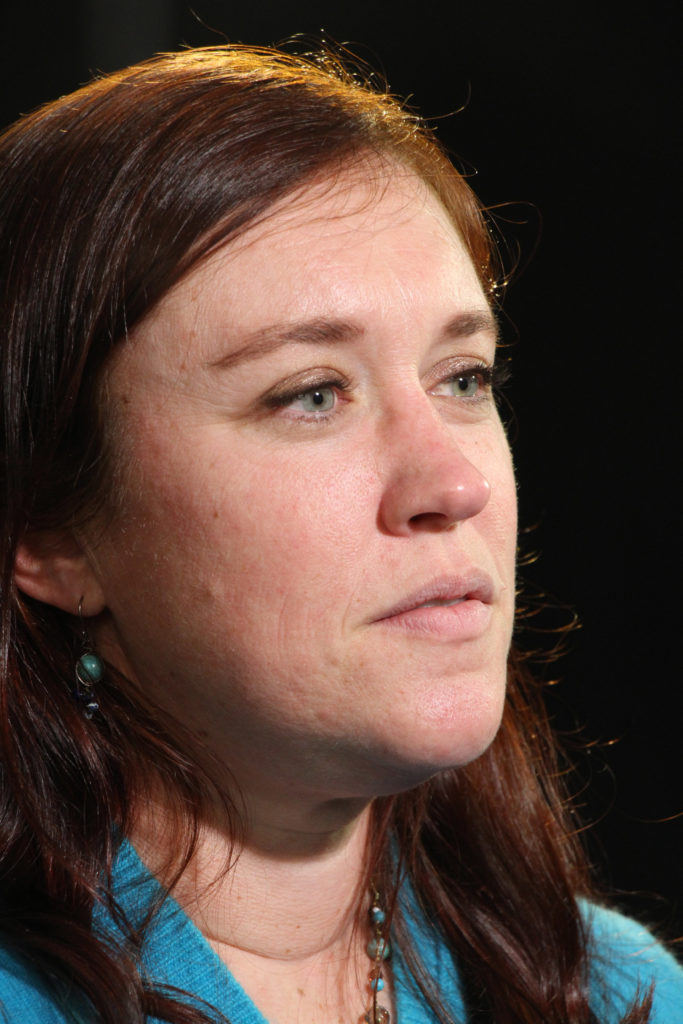
I’ve worked for nonprofits in Door County, and I’ve worked jobs where I’m very much in the public eye, at what people would consider a white-collar job. But what people don’t realize is that in Door County, those white-collar jobs don’t necessarily pay what they would in the rest of the country, nor do they necessarily offer benefits. Because that’s how a nonprofit often scrapes together is by trying to keep labor costs low and do what they can to budget very frugally themselves.
So affordability, if you’re talking monthly costs for rent – $500 to $700 is really what enables me to live without worrying about keeping the heat on or worrying about what kind of groceries I can buy. It gives me a little bit of money to be able to go to my friend’s restaurant maybe once a month – maybe every couple of months – to go out to dinner, to go and see people and support the businesses in the community that I love.
If Door County wants to attract more people like me who are willing to help our community, to work for nonprofit organizations that help to keep the entire community an awesome place to live, we’ve got to help everybody find housing – all different levels. Especially as our population in Door County gets older, having a community of mixed ages makes our community more vibrant. Sharing of knowledge is necessary, and it’s fun. It’s a fun place to live, and I want to help keep it that way, and I know we need housing of all levels in order to keep the doors open.
There’s no easy solution, and it’s going to be a bunch of puzzle pieces that Door County has to put together to address the housing challenges.
On how Door County’s housing challenges have affected her family: Rachel Pesina

I was born and raised up here, so I know the whole area pretty well. You know, it was fun – we did a lot of hiking when I was little. We went to a lot of beaches, a lot of the state parks. So, it was nice growing up here, then coming back with my kids, showing them the same things that I used to do when I was little: the state parks, the beaches. Just having fun.
I moved to Milwaukee for a few years. Then we lived in Vegas for a few years. I came back here to help take care of my dad. His health isn’t the greatest. So I’m here for my family. I’m here to help my dad in any way I can and just support him as much as I can.
It is hard to find family housing up here. There’s not too many places to go. They always say, oh, we’re building these affordable apartments, over here, over there. And then when they actually build them and you find out a two bedroom is $1,200, well, that’s not affordable living. That’s not affordable living in my eyes.
It makes me feel defeated that I can’t find that permanent place to call home for me and my children. Having to move around. Like any child, they want a dog. And I told them, as soon as we get that year-round place, we can get a dog. So they already know in their heads that they can’t have certain things because there’s not that security of having a year-round place. And that breaks my heart.
On the challenge of finding housing after retirement: Tom Van Susteren
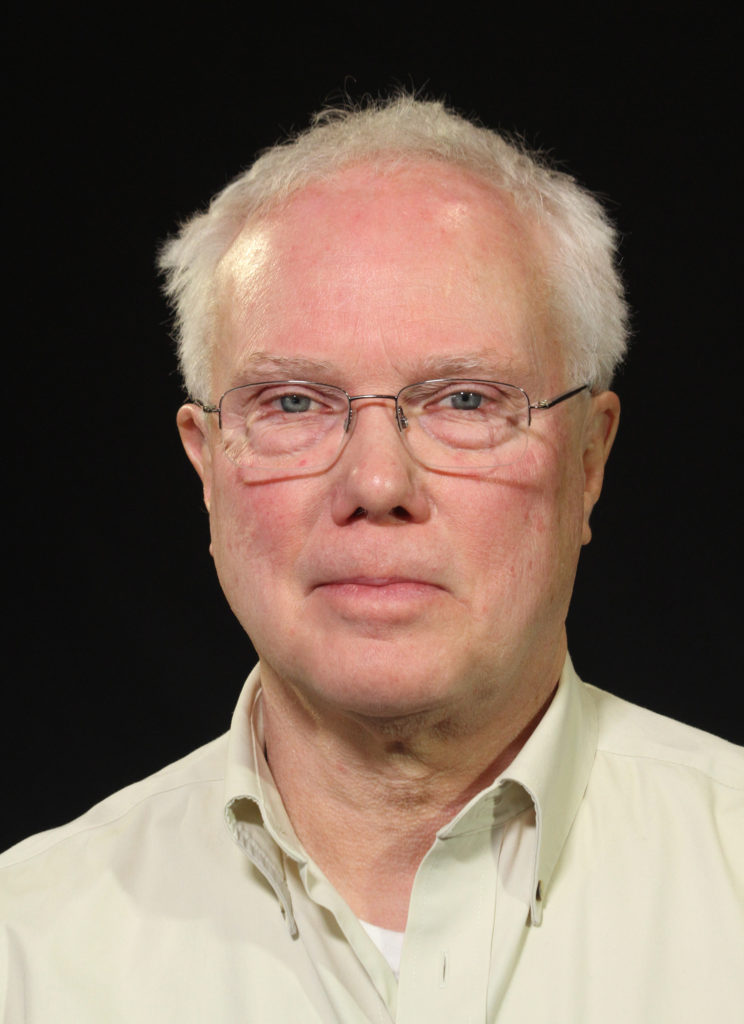
I’m 67, and one of the reasons I moved here is I really admire Door County as a place to get older. I’m not old yet, but I’m going to get old. I really admire the situation for the aging community here. The county seems to foster that. The Y has classes for mobility, and I think that’s really important. I see the aging community, and I want to be part of that. So, this is where I want to get old. This is where I want to live the rest of my life.
I had a good career, and I have two pensions and Social Security, and I do work part-time at a grocery store in Northern Door, but you can’t get to the end of every month and wonder if you’re going to make it.
I really drilled down and looked at every possible housing situation here. I actually just drove the streets to see what it was like, and I made a list of places that rented. I don’t want to own again, and I pretty much came up with … not much. I called all these places, and there’s a waiting list, or they don’t even pick up the phone because they have so many people trying to get in. It seemed pretty hopeless, but I persisted.
Door County is not unique in that dignified living conditions for people is a problem. If I really had to, I can leave. That’s the only Plan B there is: Find a place to live or leave. What will Door County do? They have to find some way to invest in themselves. I think it has to be an investment in the community and in its own people.

